We're loading the full news article for you. This includes the article content, images, author information, and related articles.
President William Ruto's appointment of sitting legislators to cabinet and state offices necessitated four by-elections in 2023, costing Kenyan taxpayers nearly half a billion shillings and raising questions on the financial implications of political rewards.
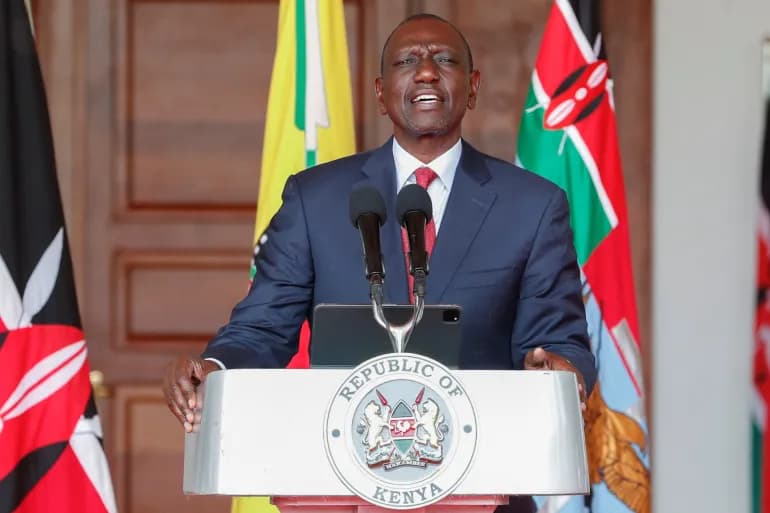
President William Ruto’s decision to appoint sitting Members of Parliament and Senators to his cabinet triggered a series of by-elections in 2023 that have cost the Kenyan taxpayer KSh 471,052,672. The appointments, made in late 2022, created vacancies in two parliamentary constituencies and two senatorial races, forcing the Independent Electoral and Boundaries Commission (IEBC) to conduct costly mini-polls.
The vacancies arose after Kandara MP Alice Wahome was appointed as Water Cabinet Secretary, Garissa Township MP Aden Duale was named Defence Cabinet Secretary, and Elgeyo Marakwet Senator Kipchumba Murkomen was selected as Transport Cabinet Secretary. Additionally, a by-election was required in Bungoma County after Senator Moses Wetangula was elected Speaker of the National Assembly.
According to a disclosure by IEBC Secretary Marjan Hussein Marjan, the funds were spent on logistics, voter education, and personnel for the four by-elections. The financial breakdown for each electoral area was as follows:
The total expenditure of nearly half a billion shillings was confirmed by the IEBC in a formal response dated June 16, 2025, to an information request filed by human rights lawyer Lempaa Suyianka. Suyianka had argued that the appointments led to an unnecessary misuse of public funds.
The by-elections were constitutionally mandated. The 2010 Constitution of Kenya prohibits sitting members of Parliament from simultaneously holding a position in the executive branch as a Cabinet Secretary. This separation of powers principle necessitated the resignation of the appointed individuals from their elected legislative roles, thereby creating the vacancies.
While the appointments fulfilled the President's prerogative to form his government, the substantial cost of the subsequent by-elections has drawn criticism. Opponents and civil society actors argue that the decision to pick serving legislators, rather than technocrats or other individuals not holding elective office, placed a direct and avoidable financial burden on taxpayers. These expenses were incurred at a time of significant economic pressure, further fueling the debate over prudent use of public resources.
The cost of elections in Kenya has been a persistent subject of public debate. The country's electoral exercises are often cited as being among the most expensive in the world per voter. The KSh 471 million spent on these four mini-polls highlights the significant downstream costs associated with political decisions and reinforces calls for electoral and political finance reform.
As of Thursday, November 20, 2025, the government has not issued a formal statement defending the specific costs, but has maintained that the appointments were made to bring experienced leaders into the cabinet to deliver on the Kenya Kwanza administration's agenda. The debate continues to pit the president's political and administrative choices against the direct financial impact on the Kenyan public.
Keep the conversation in one place—threads here stay linked to the story and in the forums.
Sign in to start a discussion
Start a conversation about this story and keep it linked here.
Other hot threads
E-sports and Gaming Community in Kenya
Active 9 months ago
The Role of Technology in Modern Agriculture (AgriTech)
Active 9 months ago
Popular Recreational Activities Across Counties
Active 9 months ago
Investing in Youth Sports Development Programs
Active 9 months ago
Key figures and persons of interest featured in this article
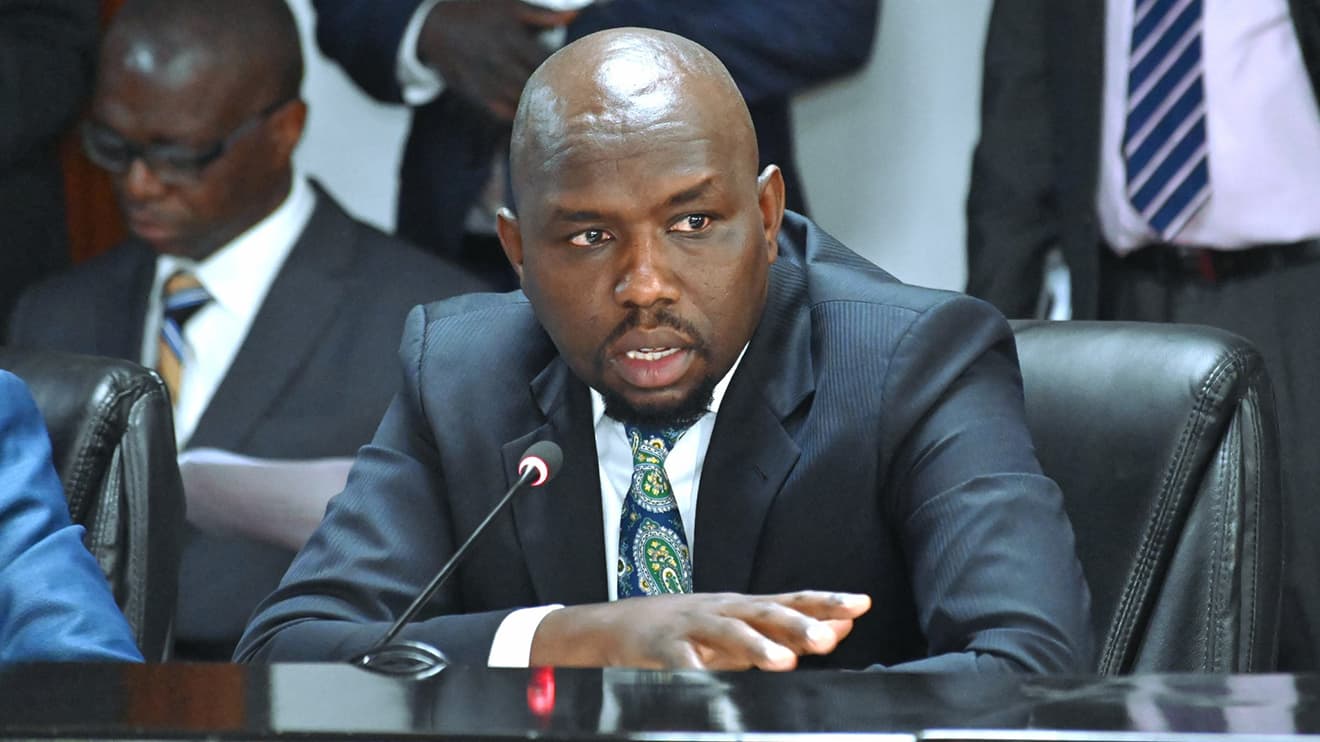
Cabinet Secretary for the Interior and National Administration
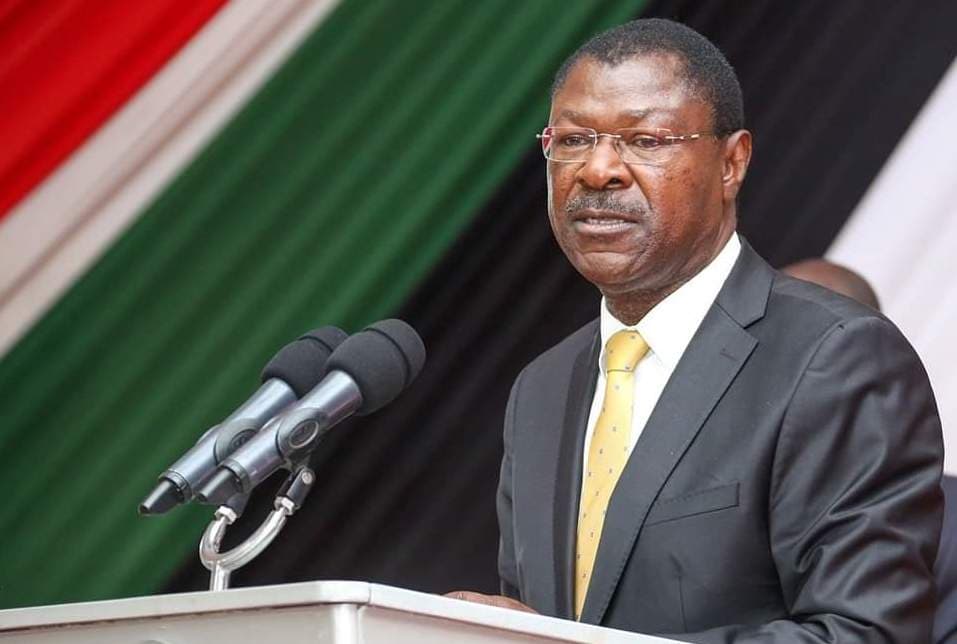
Speaker of the National Assembly
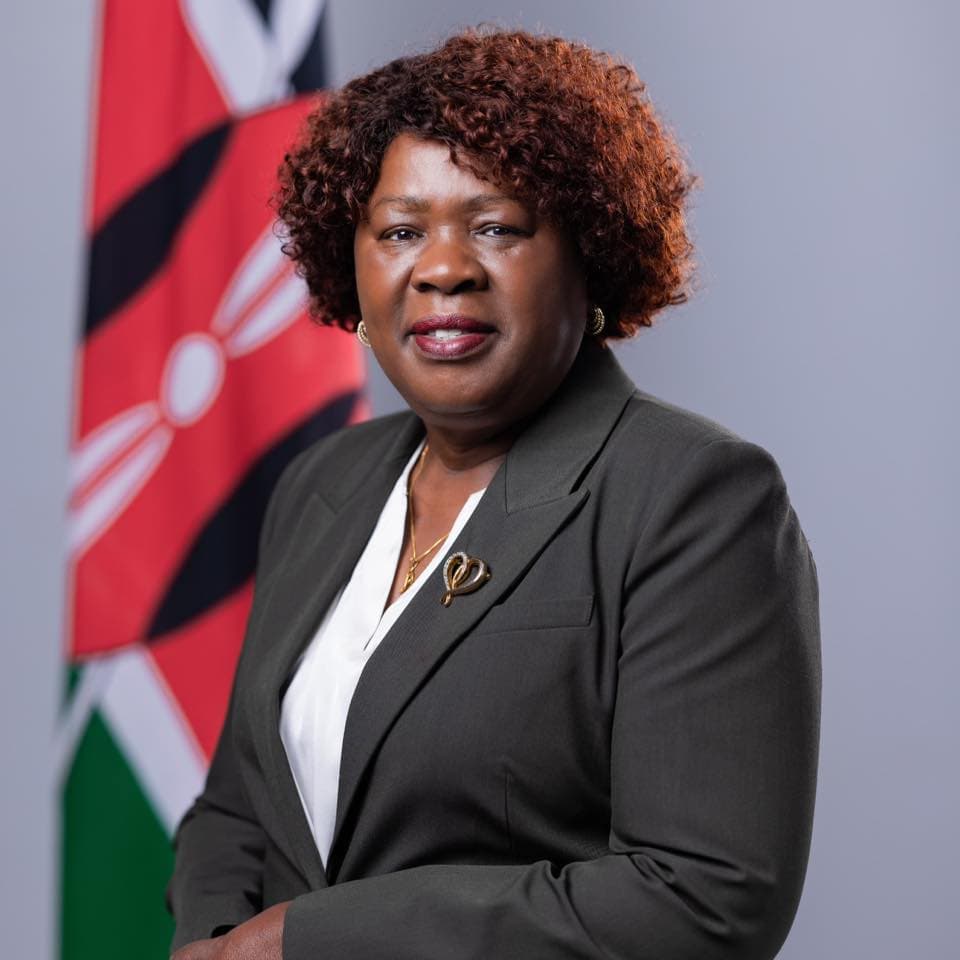
Cabinet Secretary for Lands, Public Works, Housing and Urban Development
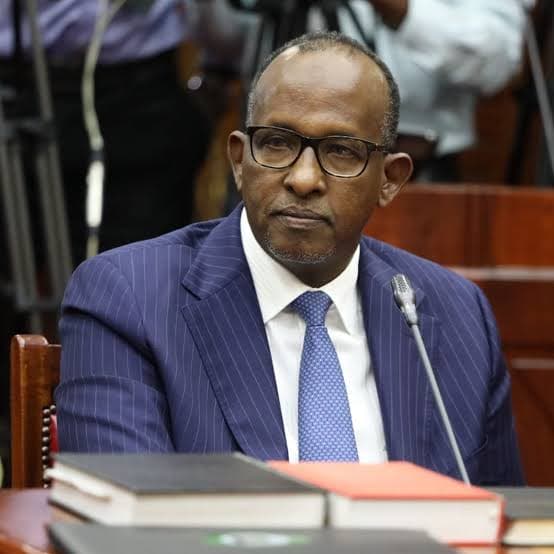
Cabinet Secretary for Health